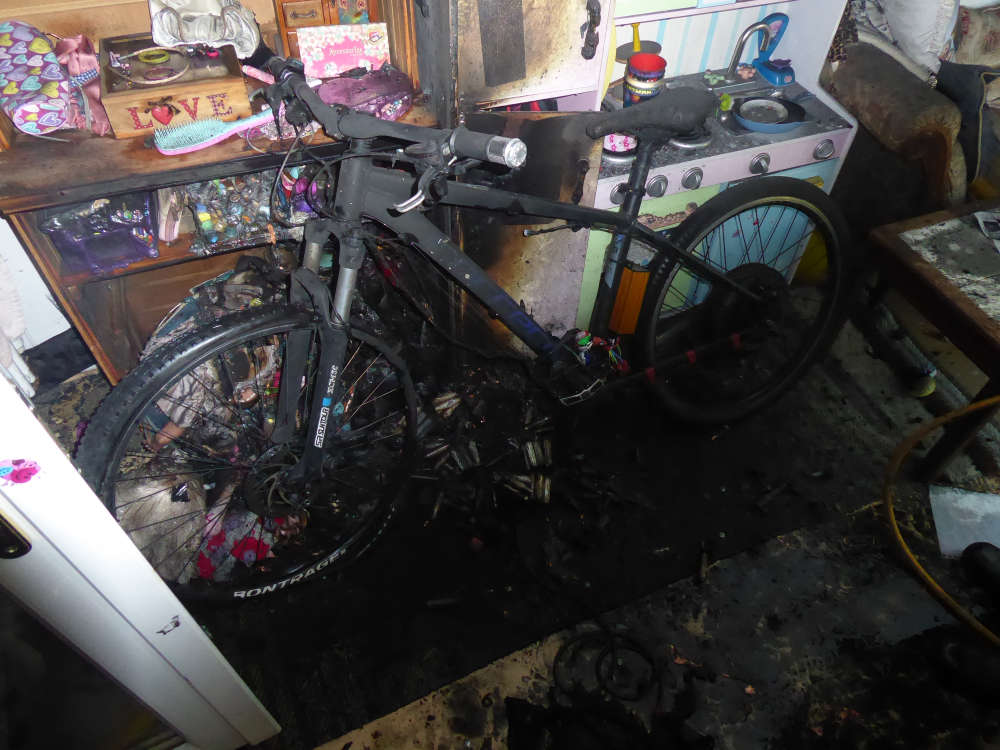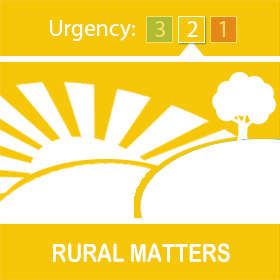
Global Recycling Day on 18 March is an initiative to get us all thinking about what we throw away. Devon and Somerset Fire and Rescue service would like to remind people how to responsibly recycle batteries.
Kate Saint, Head of Prevention, talks about why it is important to recycle items containing lithium-ion batteries, rather than disposing of them with general waste.
Recycling and fire prevention
Global Recycling Day gives us an opportunity to highlight fire risks and provide people with important safety advice. By understanding what should be recycled, you can make a huge difference to your local community and reduce the impact these incidents have.
Lithium-ion batteries
Lithium-ion batteries are in a lot of everyday items, like mobile phones, toothbrushes, toys, laptops, e-bikes and e-scooters. Also, their use has increased as e-cigarettes and vapes have become more popular.
Last year the UK saw more than 700 fires caused by lithium-ion batteries in waste lorries and at recycling centres. Our Service has also seen an increase in the number of incidents related to lithium-ion batteries over the past five years.
Recycling can prevent fires
When put into general household waste, these batteries can get crushed or punctured as they are taken to recycling centres. This releases flammable electrolytes into the air which can trigger explosions and result in rapidly spreading fires.
These fires pose significant challenges for fire services. The chemicals involved require specialist practices and equipment. Fires also impact local communities. Residents need to shut windows and stay indoors, and toxic smoke can especially affect people with breathing difficulties.
There are plenty of specialist recycling centres in Devon and Somerset, with people on hand to advise you on what can and cannot be recycled. To find your nearest recycling centre, contact your local council, or search ‘recycle your electricals’ online and enter your postcode.
Fires in the home or workplace
Not only do lithium-ion batteries carry risks when thrown out with general waste, they also pose a fire risk at home or at the workplace.
Fires can result from:
- overcharging batteries
- charging devices on flammable surfaces (such as on a bed, or under a pillow)
- using batteries that are not recommended by the manufacturer
- exposing them to hot temperatures or water.
Using lithium-ion batteries safely
The following advice can ensure the safety of your household or workforce.
- Keep batteries in a cool, dry place away from flammable materials and direct sunlight.
- Recycle damaged or swollen batteries at designated recycling points.
- Always use the charger supplied with the device or recommended by the manufacturer.
- To prevent overcharging, use a charger that automatically shuts off or has a timer.
- Never leave batteries unattended while charging and do not charge them overnight.
- If a battery shows signs of swelling, overheating, or emitting smoke, safely remove it and report the incident to appropriate authorities.
We are proud to work with councils in Devon and Somerset to promote the importance of recycling lithium-ion batteries and electrical items. We hope that incidents that lead to life-threatening fires, can be prevented in the future

 Criminal investigation into suspended Chief Constable dropped
Criminal investigation into suspended Chief Constable dropped
 Devon families receive their primary school place offers
Devon families receive their primary school place offers
 Theft of Quad Bike / Livestock Trailer and / Farm Tools - Tiverton and Withleigh Area
Theft of Quad Bike / Livestock Trailer and / Farm Tools - Tiverton and Withleigh Area
 Stay vigilant for ticket fraud ahead of top events and concerts this summer.
Stay vigilant for ticket fraud ahead of top events and concerts this summer.











